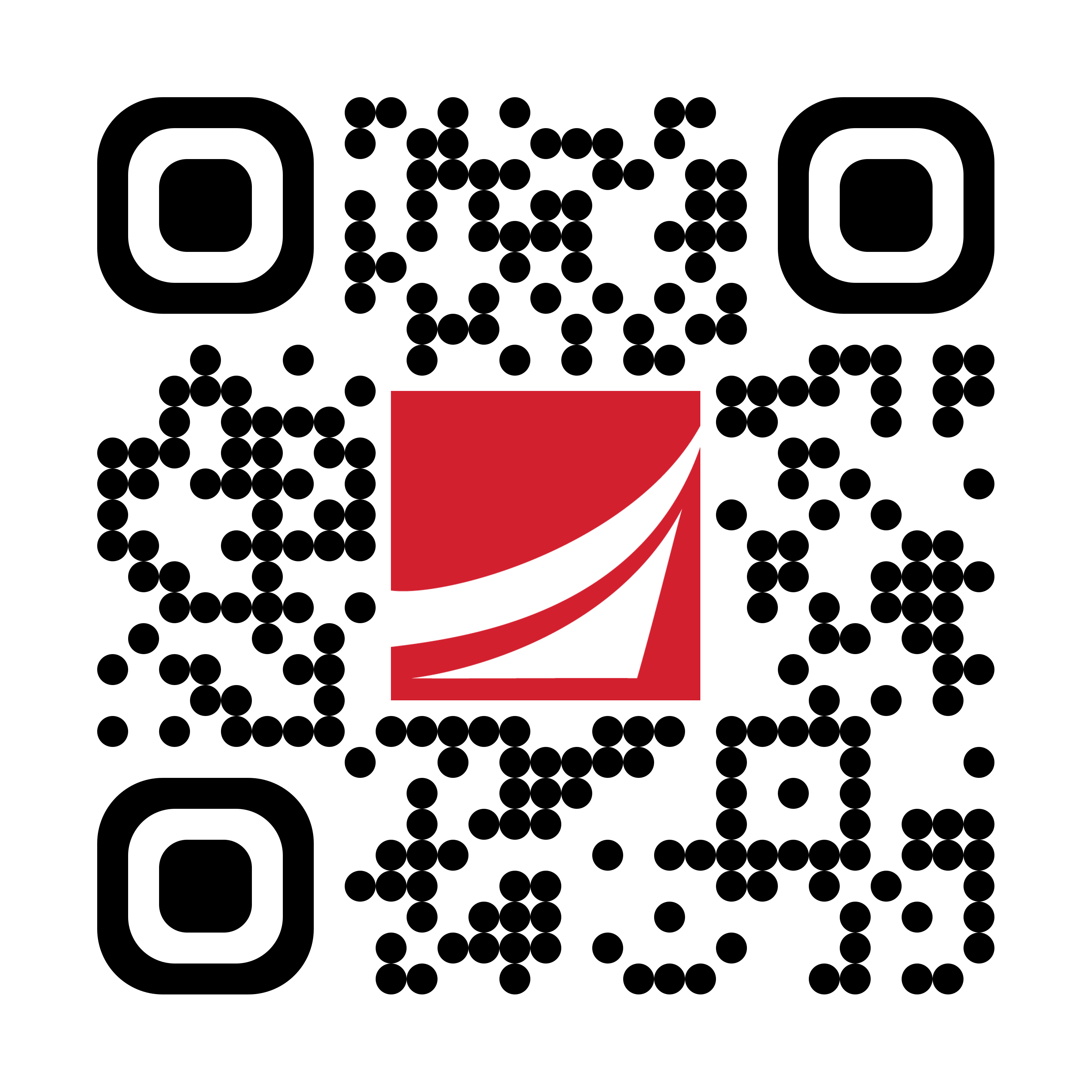
Banking from your phone?
Download our app
Welcome Back
You can access your accounts here.

Banking from your phone?
Scan the code to download our app.

not featured
2022-06-16
Savings & Budgeting
published
Prepare for Financial Emergencies with an Armed Forces Bank Savings Account


-
Those in the military are used to life’s surprises. They can be good or bad, full of pain or joy, exciting or annoying. While we may not be able to plan for all of them, there’s one type of surprise we should strive to prepare for as best we can: financial emergencies.
Learn more about what constitutes a financial emergency, the importance of planning for them, and tips for saving money so you’re prepared when one hits.
What Are the Types of Financial Emergencies?
First of all, what is a financial emergency? It’s important to understand what constitutes a financial emergency and what does not.
In general, financial emergencies are unexpected events, have an impact on your health or the health of a loved one, or impact your ability to earn income. In some cases, all three of these statements may be true. Financial emergencies put your financial wellbeing at risk.
Examples of financial emergencies include:
- Loss of job
- Medical emergencies
- Unexpected major car repairs/expenses
- Unexpected major home repairs/expenses
- Illness or death of family member, especially an income earner
In each of these cases, it’s clear how they could impact your family from a financial or health perspective.
Now, here are some examples of things that are not financial emergencies:
- Planning or attending a wedding
- Purchasing gifts
- Taking a vacation
- Buying a home
- Voluntarily remodeling your home
- Voluntarily purchasing a new car
None of these situations qualifies as a financial emergency. That’s because they’re not unexpected, they don’t impact your health or wellbeing, or they don’t impair your ability to earn income.
Why You Should Start an Emergency Fund
An emergency fund is one of the most effective weapons against a financial emergency. That’s one of the reasons we call it a "peace of mind" account -- because of the peace of mind it can bring. Emergency funds are an integral part of living a financially healthy life and being prepared for the unexpected.
You're not alone if you don't have an emergency fund. A Bankrate study conducted in January 2022 revealed that more than half of Americans (56%) would be unable to cover a $1,000 emergency expense.
While the 44% of those who would be able to cover the emergency was the highest it had been in years, it shows there’s still plenty of work to do when it comes to sharing the importance of emergency funds.
Even in the face of an unexpected expense, having an emergency fund can help you keep your other financial goals on track. For example, suppose your car breaks down and you need to get to work -- or you risk losing your job. If you have an emergency fund, you can pay for the necessary repairs without compromising your other financial goals.
However, if you do not have an emergency fund, you may need to withdraw funds from another account. If you were to withdraw from your retirement account, you are not only preventing that money from growing for your future -- you may be subject to early withdrawal penalties.
If you don’t have an emergency fund yet, don’t worry. It’s never too late to start one. Just putting a little bit of money aside for your new emergency fund can help you start growing your nest egg. And even if it’s not a lot, starting small is better than not starting at all. Then, consider making a monthly contribution to your fund. As you watch your emergency fund grow, you'll gain motivation, confidence, and peace of mind.
How a Savings Account Can Work as Your Emergency Fund
When creating your new emergency fund, make sure you know what type of account to use. A savings account is usually the best option.
You’re probably already familiar with savings accounts. Even if you don’t have one, they’re easy to understand because they are exactly what they sound like. In short, saving accounts t allow you to securely set aside money for safekeeping. And by putting your money in a savings account, you can even earn interest.
Savings accounts, unlike checking accounts, are not typically linked to payment methods such as debit cards or checkbooks. This can be very useful when using your savings account for an emergency fund because, while you have access to your money at any time, the funds aren't linked to a card that you can swipe whenever you want.
Remember that the idea behind an emergency fund, or any savings account, is to touch your money as little as possible and allow your savings to grow. You can use the funds from your account when you need them, but you should do so sparingly.
An Armed Forces Bank Savings account is a great place to start your new emergency fund.
Our savings accounts are designed to help you save for anything -- like emergency funds. Our savings account features include digital banking with account alerts, eligibility for our Saving Cents program, and more.
Open a savings account with Armed Forces Bank now: it only takes 10 minutes to apply.
Our Saving Cents Program Helps You Save More Often
Speaking of Saving Cents… did you know that you can set up automatic savings? Saving money isn’t easy, especially when we are so often focused on life's daily expenses, such as food, bills, and housing. Setting money aside for savings, even in order to reach your savings goals, can be difficult.
Armed Forces Bank can make it easy with our Saving Cents program. Through Saving Cents, your purchases will be automatically rounded up to the nearest amount of your choosing. The extra dollars or cents saved are added to your savings. And that means you’re saving money -- and adding to your emergency fund -- without even thinking about it.
Here’s how it works:
- Choose - Choose how much you'd like to round up your debit card purchases from your checking account. Options range from the nearest $1 to $5 increment.
- Save - Every time you make a purchase, we’ll round it up. Each night all the extra change is transferred automatically from your checking account to your savings account.
- Track - We keep track of Saving Cents transfers and place that information right on your bank statement each month.
Armed Forces Bank Is Here to Help You Plan For the Future
When you’re ready to build up your emergency fund and plan for your future, Armed Forces Bank is by your side. We offer a variety of savings accounts, as well as other products, to help you live your best financial life -- now, and in the future.
Member FDIC